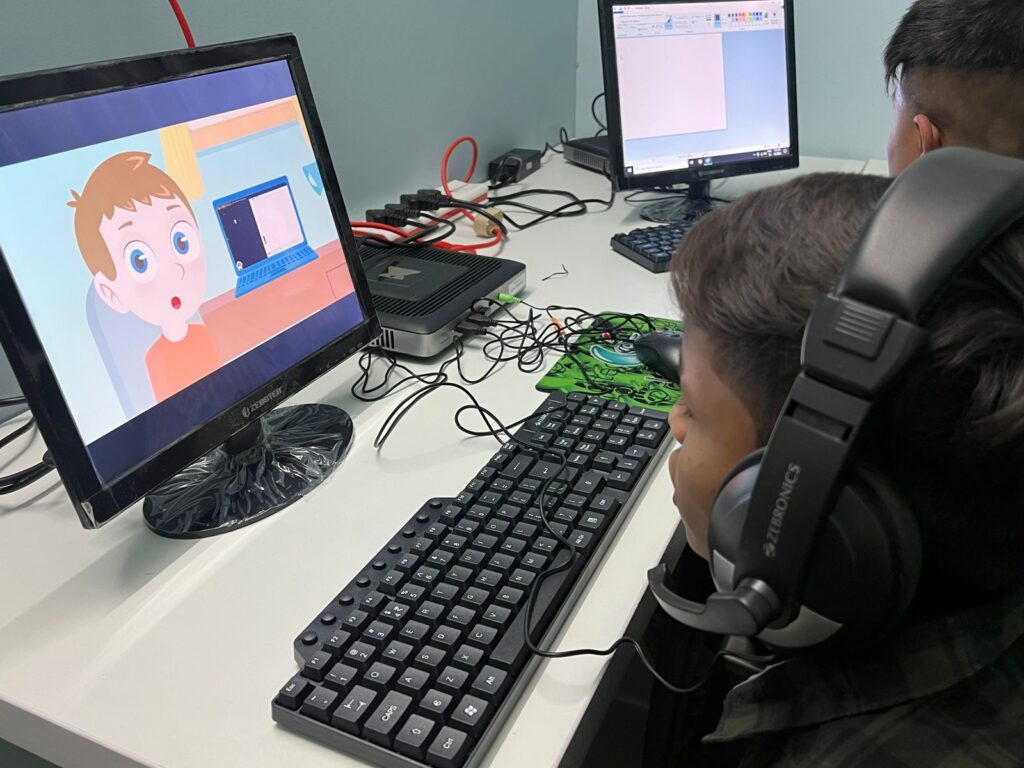A Conversation Between Dr. Malpani and an Ambitious College Graduate
In today’s crowded job market, even talented students often feel invisible. Sending out dozens of resumes and polishing LinkedIn profiles rarely leads to meaningful opportunities. So how can young graduates stand out when everyone looks the same on paper?
In this insightful conversation, Dr. Malpani speaks with Riya, a determined college student struggling to find her footing in the professional world. He offers a powerful yet simple solution: build a personal website.
A personal website is more than just a digital resume—it’s your online identity, your portfolio, and your professional voice. Whether you’re applying for a job, seeking freelance work, or simply want to showcase your growth, a website can open doors that traditional methods cannot.
Read on as Dr. Malpani breaks down the importance of personal branding, how to build your site even if you’re not a techie, and why your future may depend on it.

The Struggle to Find Opportunities
Riya (Student): Dr. Malpani, I’ve been applying for internships and jobs for months with no luck. The world feels too competitive. If I can’t even get an internship, how will I ever find a job?
Dr. Malpani: You’re not alone, Riya. With so many private colleges, the market is flooded with graduates. Many end up underemployed or in jobs they never wanted. It’s frustrating for both students and recruiters, who struggle to find candidates ready for the real world.
Why Traditional Job Applications Fail
Riya: I’ve sent resumes everywhere and even polished my LinkedIn profile, but nothing works.
Dr. Malpani: That’s the problem. Everyone has a resume and a LinkedIn profile. Recruiters get swamped and most applications go straight to the trash. Today, a degree alone doesn’t signal competence the way it used to.
The Secret to Standing Out: A Personal Website
Riya: Then how do I stand out?
Dr. Malpani: By building your personal brand. The best way is to create your own website—a living portfolio that highlights your skills, accomplishments, and projects. It’s your professional home online.
Riya: I’m not a techie. Is it necessary?
Dr. Malpani: *Absolutely. It’s never been easier with today’s website builders. Your website can:
- Tell your personal and professional story
- Showcase your work and certificates
- Demonstrate your initiative and creativity*
Good recruiters will soon refuse to talk to anyone who doesn’t have a website.
How a Website Gives You an Unfair Advantage
For Job Seekers:
- Showcases the depth and breadth of your skills
- Provides tangible proof of your experience
- Establishes your credibility before the interview
For Recruiters:
- Allows them to do an “anti-reference check”
- Far superior to interviews, where candidates are often on their best (and most rehearsed) behaviour
- Hard to fake or manipulate
Dr. Malpani: An interview lasts 15 minutes. A website provides a comprehensive view of your work over months or years. It signals seriousness, creativity, and discipline.
What to Include in Your Personal Website
Riya: What should I add to my site?
Dr. Malpani: Think of it as your digital resume, but far more powerful. Include:
- A professional bio
- Blog posts about your learning journey or opinions
- Completed projects and college work
- Certifications and credentials
- Volunteering and passion projects
- Testimonials and recommendations
- A contact form for recruiters
Degrees vs. Skills: The Future of Hiring
Dr. Malpani: A degree gets you through the door. Your website shows whether you can actually do the job. Stop waiting for someone to notice you. Take the initiative to be noticed!
Riya: You’ve completely changed how I think. I’m going to start building my website today.
Dr. Malpani: That’s the spirit. The world rewards the prepared. Set the bar for others. Be so good that they can’t ignore you.
Final Takeaway: Take Control of Your Career
A personal website gives you autonomy and agency over your career. It empowers you to control your narrative and stand out in the noisy world of job applications.
Dr. Malpani says:
If you want to take charge of your learning and career, start today by creating your digital portfolio. To go even further, consider starting your own learning pod and become a leader in your community. 👉 Start a Teach to Earn Learning Pod
